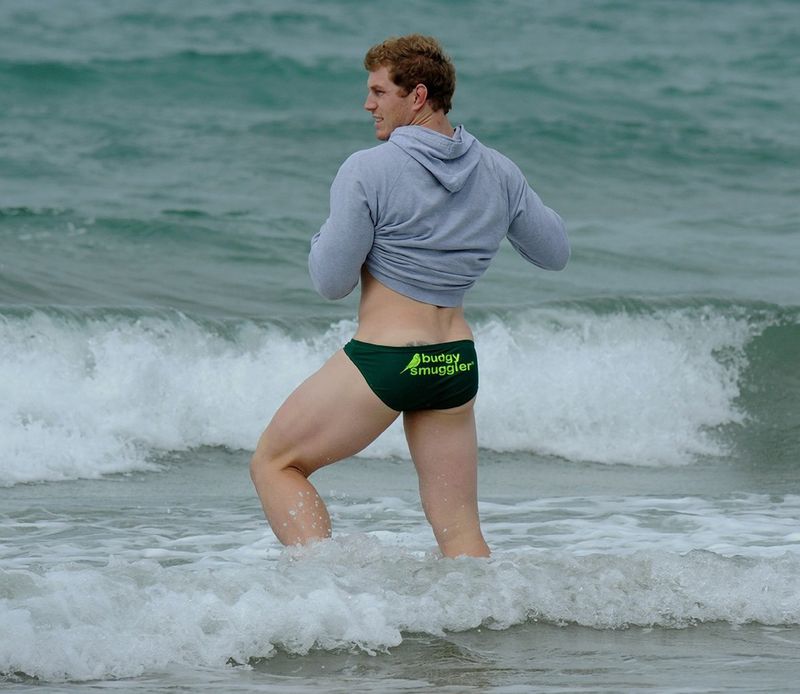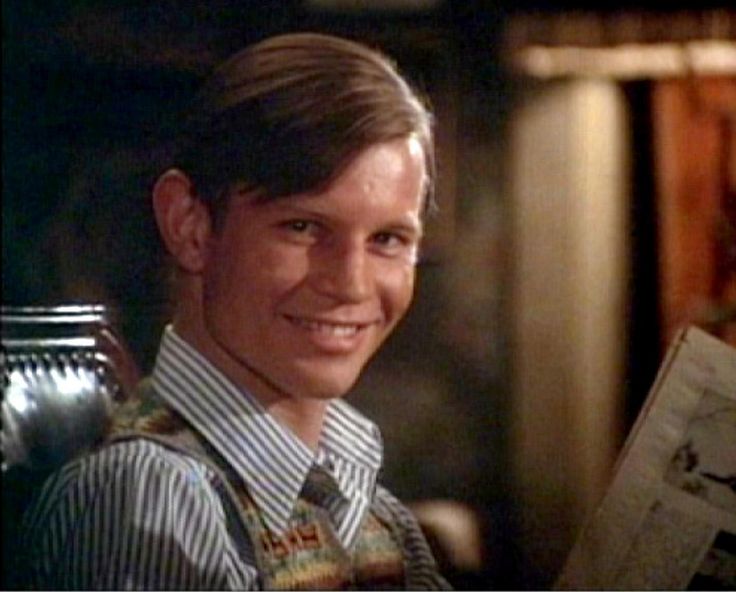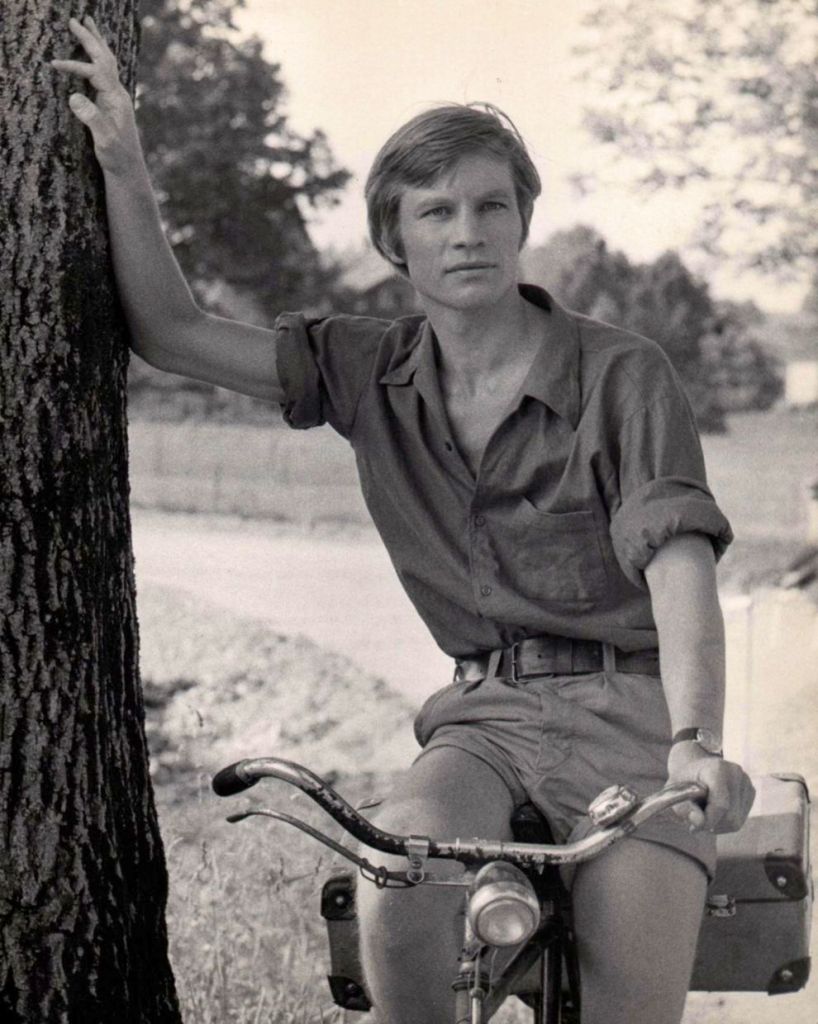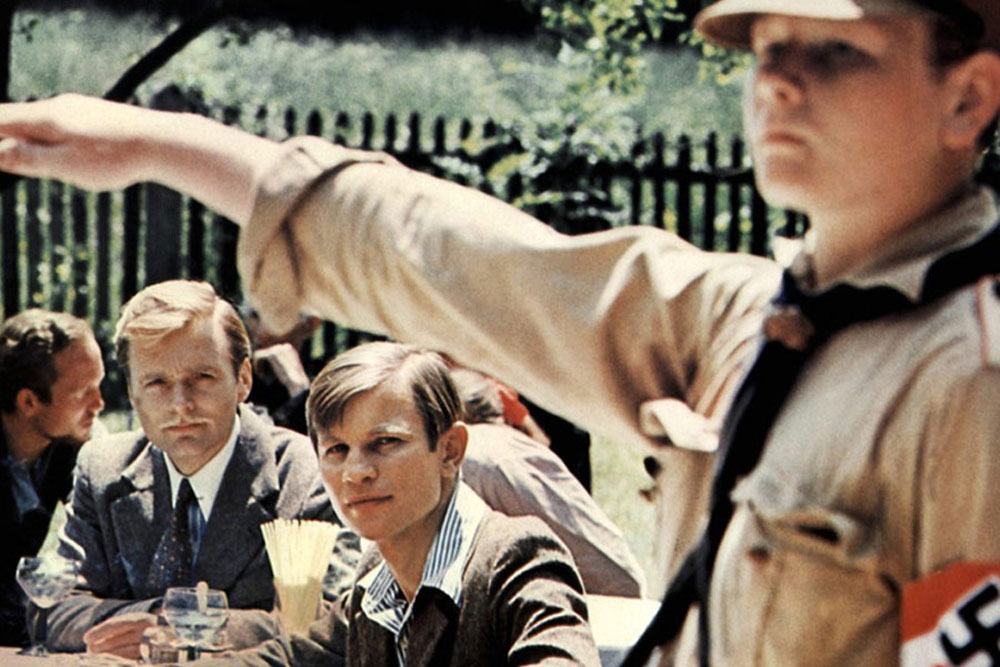Good morning, Sunday, how are you all doing? I’m feeling pretty good. Yesterday was a pretty good day. I took four boxes of books to the library sale and was thus able to pretty much finish the overall of the living room. I also worked on the filing, finished the laundry room, and got the kitchen back under control. I do have to spend some time this morning working on the work space here, but I feel like I have the apartment back for the first time in years. I feel very accomplished, not going to lie. There’s still more to do, but at least it doesn’t look like the abode of a hoarder who hasn’t seen the floor in years anymore. There’s still another book purge to come, of course, and there’s the boxes on top of the cabinets that need to be removed as well. I think most of it is paper, too; I don’t think I have that many copies of my own books still in boxes anymore–but I’ve also kind of decided that I can dispose of the vanity book case soon, too. If I can clear out enough other spaces, I can box up my books, carefully archiving and labeling them, and store them in places where I have books that can be donated; and then I can pick up all the stacks of books off the floor and store them in bookcases.
I’m feeling very ambitious about the apartment this year, can you tell? And it was marvelous to come downstairs to an uncluttered and more spacious living room this morning. There are just a few more bits and pieces to get done today down here–things to put away and so forth–and then I can vacuum the entire downstairs! HUZZAH!
I slept late again this morning, much to Sparky’s dismay, but now I am up and my coffee is tasting magnificent this morning. I do have to make a grocery run today, which means organizing the fridge and so forth this morning, too, so I know what we need as well as make room for it. I am resisting the temptation to stock up the freezer–part of being prepared for hurricane season, empty your freezer and don’t fill it with anything other than things you’ll use right away; there’s nothing more frustrating and maddening than throwing away a lot of food after a power outage in the summer–which isn’t easy because yet another mental issue for me is food anxiety; I am always afraid we won’t have food in the house and I won’t have money to buy more (I think Mom was the same way, which is why there was always so much food in her house). I’ve always been this way; living paycheck to paycheck when you don’t make a lot of money can be very scarring for the rest of your life. Maybe some day I’ll get over it, but at least I recognize that it’s an actual thing now and can resist it.
Also, no need to stock up on anything fresh, as everything spoils quickly here in the heat, too. It’s amazing how quickly bananas will ripen here in the tropics, you know.
I am hoping to get some writing done today, too. Tomorrow I am going to get the mail and go to the gym on the way home from the office, and hopefully that will start a real streak of me going to the gym. My arm actually looks better than it did, which is yet another reason I really need to get into the three times per week habit again, even if I’m not doing heavy weights just the exercise itself will help my metabolism. I am getting closer to two hundred pounds and my goal weight (I remember back in the aughts when that was my goal weight to build up to; now it’s a weight loss goal. Sigh. The ironies involved with being gay never end until you’re in the grave.
I read a comic book yesterday; it was a Comixology original and it was quite good. Liebestrasse was the name of it, and it’s main character is a very closeted gay businessman returning to Germany in 1952 and remembering the Weimar times there, when he moved there for work and lived openly as gay and fell in love…as the Nazis were rising. I may give the comic its own entry, but then again I may not. Gays in Weimar Berlin always interest me (especially these days, as the similarities between now and then are even more sharply drawn), but the stories never end happily–how can they–and it’s all really just another version of Goodbye to Berlin, which is a seminal work in queer canon, methinks. I also got a copy of Stephen Spender’s novel of the time (he, Isherwood, and Auden were all friends in Wiemar Berlin) The Temple, which I am also looking forward to reading at some point if I can ever get all my reading caught up (it’s never going to happen, and I really need to stop deluding myself that it will). I’ve always been interested in that time, once I learned about the queer freedoms, and I started clocking the similarities in the 1990s…even coming up with a book idea about the fall of democracy in the United States, when dissidents, queers, and racialized people were imprisoned in “relocation centers.”
Of course, I’ve been saying this for years and no one has ever listened…and here we are.
Chilling thoughts for a Sunday morning, am I right?
And on that note, I am heading into the spice mines. Have a lovely Sunday, Constant Reader, and I may be back later; stranger things have happened, after all, and continue to happen.






